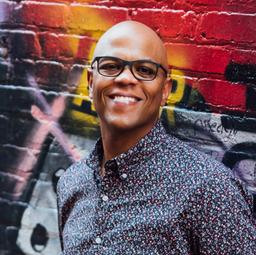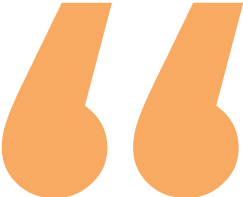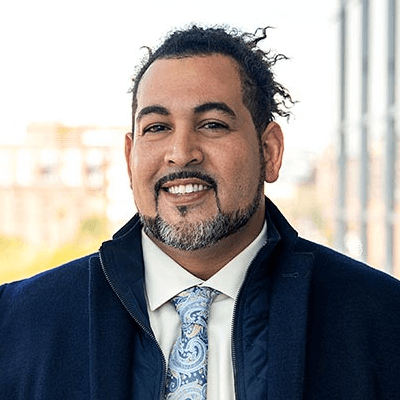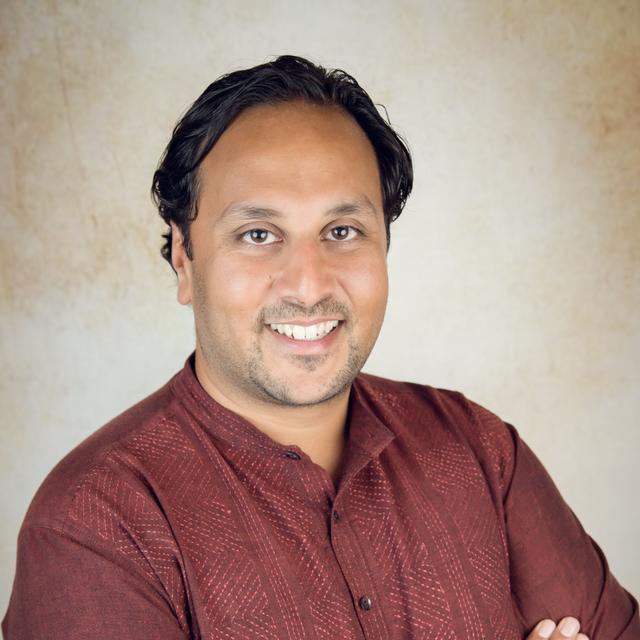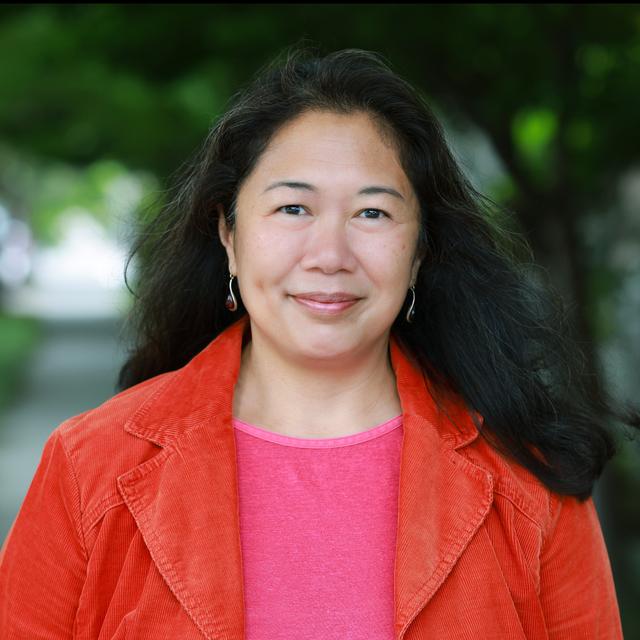Adam A. Smith is a nationally-recognized higher education expert with three decades of experience transforming campuses throughout the nation. He has built successful coalitions and initiatives that have increased access, retention and graduation rates at institutions from community colleges to flagship, land-grant universities.
Smith is skilled in addressing a range of audiences - students, educators, administrators, community members, and those working in corporate settings. He is both thought-provoking and motivational, providing concrete solutions for the complex problems facing society today. Currently, Adam hosts the podcast "Get Uncomfortable," focusing on issues that can divide us or bring us together - race, politics, and religion.
He currently serves as Executive Director for University Academic Advising at the University of Kentucky, where his work has helped the university achieve record-setting retention rates. He has had similar results in roles from the University of Alabama to the University of Akron. Additionally, Smith has an extensive background in community advocacy, empowerment, and development, most notably as “Education Czar” to former Rockford (IL) Mayor Lawrence J. Morrissey, while founding TRIO programs and organizing as an inaugural member of AmeriCorps.
A first-generation college graduate, Adam is committed to ensuring college access and success for all Americans and has spent his life working with young people as an advocate, mentor, leader, and empowering force. He works every day to attack the systems that act as barriers between marginalized populations, and educational and life success.
FOR CAMPUS AND COMMUNITY AUDIENCES
Put Your Mask on First: Focusing on Self-Care in a World that Doesn’t Seem to Care
Conversations about the importance of self-care abound and yet educators continue to live in a world where their work and their well-being are under attack. This conversation will focus on HOW faculty, staff and other professionals address caring for ourselves so that we can be our best for those around us.
Increasing Student Success through Collaborative Case Management
As colleges and universities are being called to be everything for everyone, building a campus culture of student success has become more paramount. Coupled with the birth derth, the rising cost of higher education and fear of student loans the retention and graduation of “new traditional students” is critical for institutional survival. Smith has successfully increased campus-wide student success metrics at institutions throughout the nation by focusing on classroom and belonging strategies that develop pedagogy and practice of faculty and all higher education professionals.
Students Aren’t Broken: Using Asset Based Approaches to Ensuring Student Belonging
The COVID-19 pandemic and virtual learning have impacted young people who are now and will soon be our college students. We often focus on the deficits of these students, instead of their assets, which are considerable. Students find themselves, their community and their belonging on our college campuses where many may not be ready to be in school, and yet so many have no choice than to be at school. This session equips educators on utilizing an asset-based approach to both teaching, learning and practice to increase the sense of belonging of all students.
